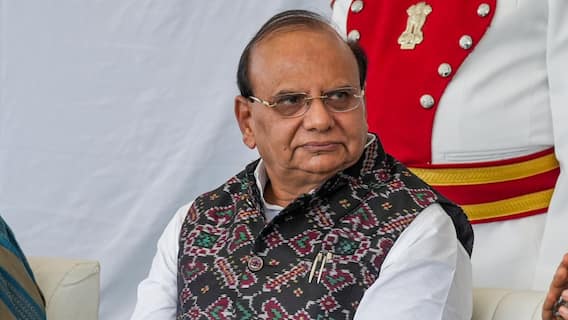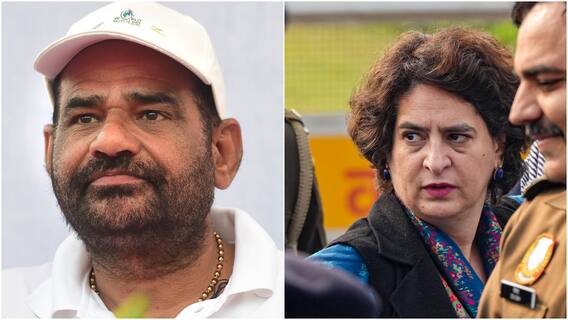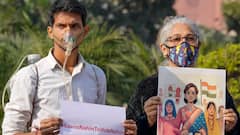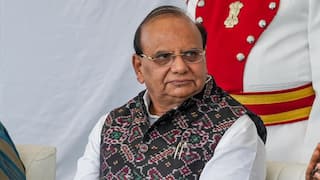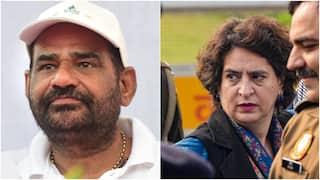Delhi Excise Policy Case: Court Reserves Order On Sisodia's Bail Plea, Verdict On March 31
A Delhi court announced that it will rule on former deputy chief minister Manish Sisodia's bail application in the excise policy case filed by the Central Bureau of Investigation (CBI) on March 31.

A Delhi court said on Friday that it will rule on former deputy chief minister Manish Sisodia's bail plea in the excise policy case filed by the Central Bureau of Investigation (CBI) on March 31.
After the CBI handed over a short note regarding its contention in the case, Special Judge M K Nagpal reserved his order on the Aam Aadmi Party leader's plea for regular bail in the case.
"A brief written submission on behalf of CBI has been filed in opposition to the regular bail application of the accused. A copy thereof as well as case law has been given to the counsel of the accused. Copy of part of case diary and statements of some witnesses have also been made available," the special judge said, PTI reported.
On March 21, the judge postponed the hearing on Sisodia's bail petition until March 24 to allow for additional clarification and submissions.
So far, the CBI has questioned Sisodia in its custody for seven days.
The agency arrested Sisodia on February 26 in connection with alleged corruption in the formulation and implementation of the now-cancelled Delhi Excise Policy 2021-22.
The Enforcement Directorate apprehended Sisodia on March 9 evening in Tihar jail, where he was being held in connection with the excise policy case investigated by the CBI.
Manish Sisodia, according to the ED, was involved in the "large-scale destruction of digital evidence to impede the investigation" into the Delhi liquor policy case and had changed and destroyed 14 phones.
The agency also claims that Sisodia withheld information that is "exclusively his knowledge" and "extremely relevant to the investigation."
ALSO READ: Rahul Gandhi Disqualified From Lok Sabha Following Conviction In 'Modi Surname' Remark Case
Previously, the central agency told the court that Sisodia was "actually involved in the acquisition, possession, and use of proceeds of crime" and thus "guilty of the offence of money laundering."
Trending News
Top Headlines








